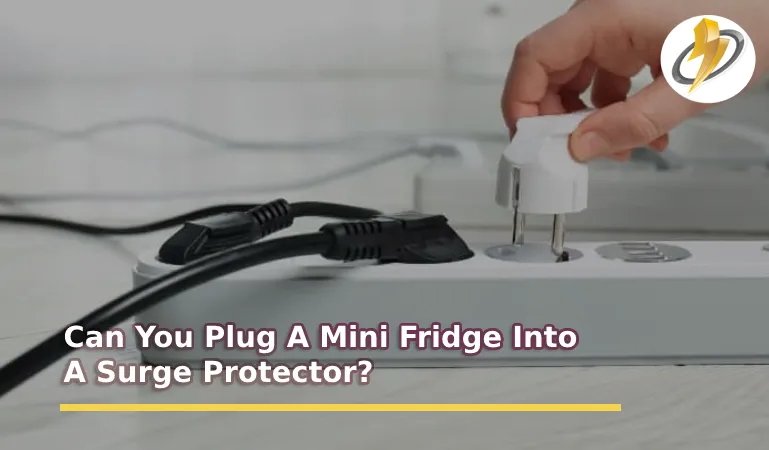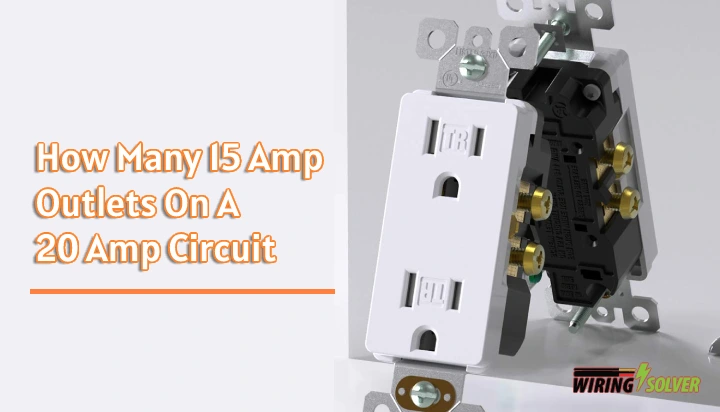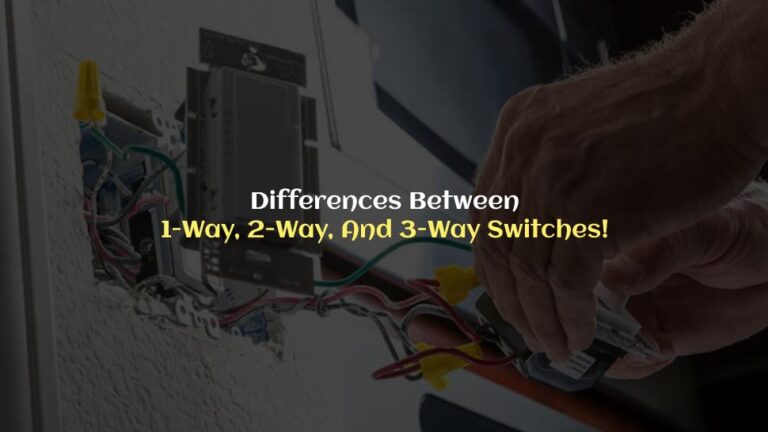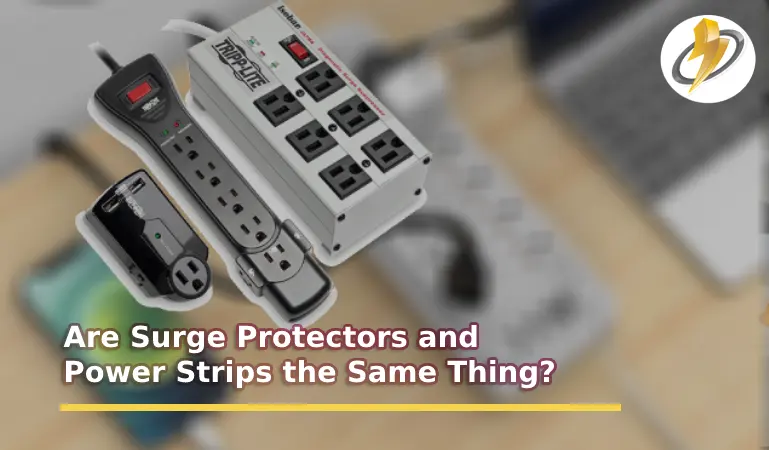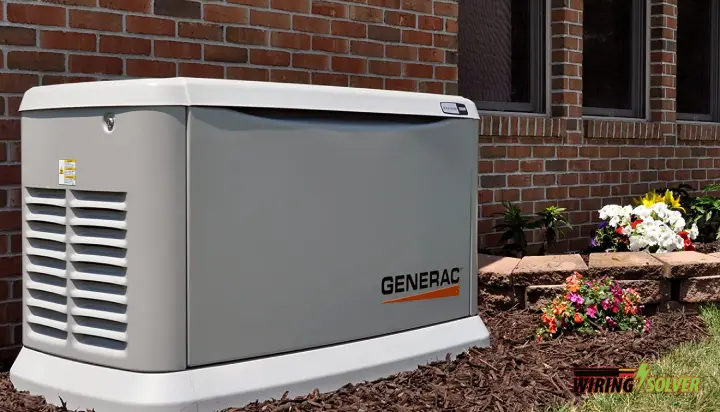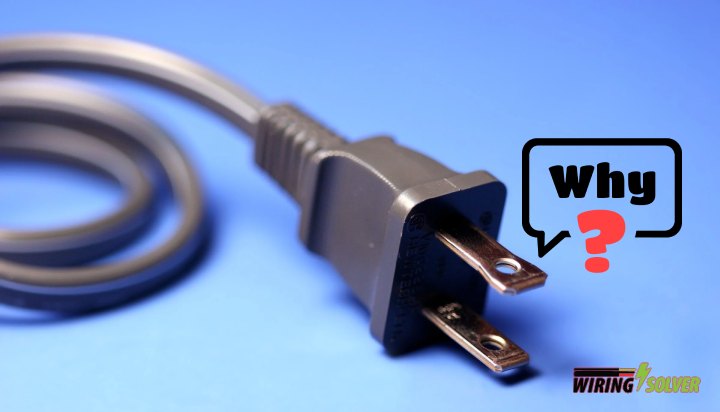Not all generators are the same, however, and it is important to get the right size generator to run your appliances.
The size of the generator you need to run a 5000 BTU air conditioner depends on several factors. Usually, a 1500–2000 Watt generator would be ideal.
Additionally, you should consider the other appliances you want to run in combination with the air conditioner.
Knowing how much power you need to run your appliances is an important step. This article will provide the information you need to determine the size generator you should get to run a 5000 BTU air conditioner.

What Are the Requirements of a Generator for a 5000 BTU Air Conditioner?
While setting up a cooling system, it is essential to know how much power they run. Simple math will reveal the answer.
To find how many watts are needed to run a 5000 BTU air conditioner, you have to divide the BTU number by 10. Here 10 is the Energy Efficient Ratio which is also known as EER.
In this case, since the BTU number is 5000 so dividing it by ten is 500. Tada! You just deduced that your air conditioner uses approximately 500 watts of energy.
Although experts suggest that a 5000 BTU unit consumes from 417W to 625W, this is because the BTU and power are affected by the EER rating. The higher the EER rating, the better the efficiency, so the more cooling effect it provides per watt.
So, when calculating how many watts are needed to run a 5000 BTU air conditioner, you have to consider the Energy Efficient Ratio, EER rating.
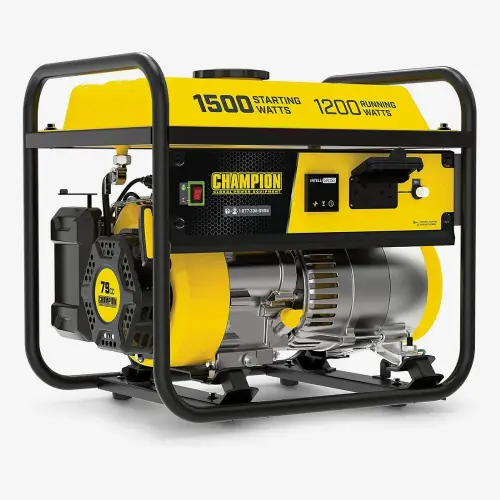
What Kind of Generator is Ideal for A 5000 BTU Unit?
Since these powerhouse machines require a hefty amount of power to start machines, a 2000-watt generator will be perfect for these beasts.
These low-voltage models are far too scarce and challenging to get your hands on. Hence, for a regular voltage model, a 2000-watt generator is ideal. But a generator for a 2000 Sq. Ft. house will be different.
Make Sure Other Appliances Can Run Simultaneously:
Whether you live in a small room with its roots embedded in the ground or live in a small space that you drive around to cruise around the world, there isn’t just one kind of appliance that is attached to these homes.
Hence, you will want a generator that caters to all your needs by supporting other appliances too. As a result, it is only fair to wonder what size generator to run the window unit and fridge as they are the two most essential appliances for a person.
Again, a 2000W generator will suffice for operating different kinds of appliances simultaneously. Preferably, do not operate machines that consume more than 300 watts of energy.
Things to Consider While Operating a Generator:
An air conditioner only consumes a hefty amount of power when turned on, but it resumes to consume just the required amount of energy, as mentioned in its specification chart for the rest of the time.
As a result, you can plug in other appliances like fans, lights, and televisions that do not take more than 300 watts to run.
However, be mindful only to start other devices when your air conditioner has adjusted, or else there is a possibility for your generator to overload and malfunction.
What Are Some Alternatives to Using a Generator to Power Your AC?
While generators can be a convenient way to power your air conditioner during a power outage or in an off-grid setting, they are not the only option.
If you are looking for ways to keep your AC running without relying on a generator, here are a few alternatives to consider:
Invest in A Backup Power System:
Instead of using a generator, you could consider installing a backup power system that uses a battery bank or fuel cell to provide power during an outage.
These systems can be more expensive upfront, but they can be more convenient and efficient in the long run, as they do not require refueling or maintenance as generators do.
Use A Portable Power Source:
Portable power sources, such as solar panels or portable generators, can be used to power your AC without the need for a permanent installation.
These options can be more flexible and easier to set up, but they may not provide as much power or be as reliable as a backup power system or a traditional generator.
Use A Window or Portable Air Conditioner:
If you do not have the space or budget for a full-size AC unit, you could consider using a window or portable air conditioner instead.
Such smaller units are easier to power and do not require as much electricity to run, making them a good choice for those on a budget or with limited power options.
Upgrade to A More Energy-Efficient AC Unit:
Another way to reduce your power needs is to invest in a more energy-efficient AC unit. These units use less electricity to run, which can help you save money on your energy bills and reduce your need for a generator.
A dual-fuel generator can also be an interesting option for you.
No matter which option you choose, it is important to carefully consider your power needs and budget before making a decision.
By weighing the pros and cons of each option, you can find the best solution for powering your AC without relying on a generator.
Summary
In conclusion, the higher the EER ratio, the better cooling it can provide. Ideally, a 2000W generator would suffice for a 5000 BTU air conditioner, whether it is a window unit or a portable one.
This article has outlined the steps to calculate the total wattage needed to power your appliances and select the right generator to run a 5000 BTU air conditioner.

